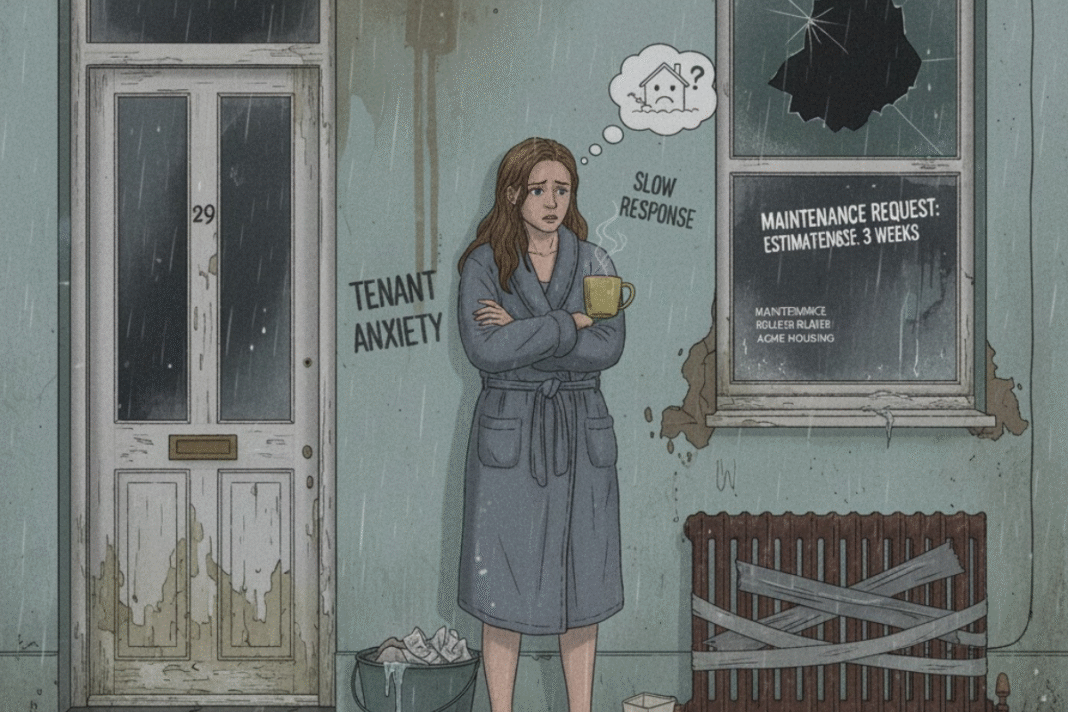London homebuyers have paid nearly £25bn in stamp duty over the past 10 years with purchasers in prime central boroughs bearing the heaviest burden, according to new analysis by Jefferies London.
Using Land Registry data on every primary residential transaction recorded across the capital over the past decade, the firm calculated that buyers have paid £24.9bn in stamp duty – a figure that excludes tax on second homes, meaning the true total will be higher.
Westminster ranks as the most heavily taxed borough, with £3.30bn collected in stamp duty since 2015. Kensington and Chelsea follows at £2.99bn, cementing the dominance of the two central London boroughs in terms of contributions to the Treasury from property transactions.
Wandsworth sits third with £1.86bn paid over the decade, ahead of Camden (£1.39bn) and Hammersmith & Fulham (£1.17bn). Richmond upon Thames (£1.14bn) and Barnet (£1.08bn) also feature prominently, underlining how London’s high property values have pushed substantial tax revenues well beyond the traditional prime core.
TAX REVENUES
Even the capital’s lowest-contributing areas have delivered sizeable sums. Barking and Dagenham generated £84.7m in stamp duty over the period, while the City of London contributed £112m, despite far lower transaction volumes.
Prime central London buyers have been hit hardest, with Westminster and Kensington and Chelsea alone accounting for more than £6.2bn. Jefferies London notes that successive reforms to stamp duty have disproportionately affected high-value purchases, curbing activity at the top end of the market.
STAMP DUTY REFORM
Damien Jefferies (main picture, inset), founder of Jefferies London, said: “With almost £25bn paid in Stamp Duty over the last decade, London’s homebuyers have shouldered an extraordinary tax burden, and nowhere is this more evident than in the prime market.
“Buyers in boroughs such as Westminster and Kensington and Chelsea have contributed vast sums simply for the right to purchase a home, and this has had a long-term dampening effect on activity at the top of the market.
“With so much discussion ahead of the Autumn Budget, many will be hoping for a more balanced approach that encourages movement rather than penalises it.
“A reformed system that supports transactions, instead of restricting them, would be a welcome shift for both buyers and sellers across the capital.”









